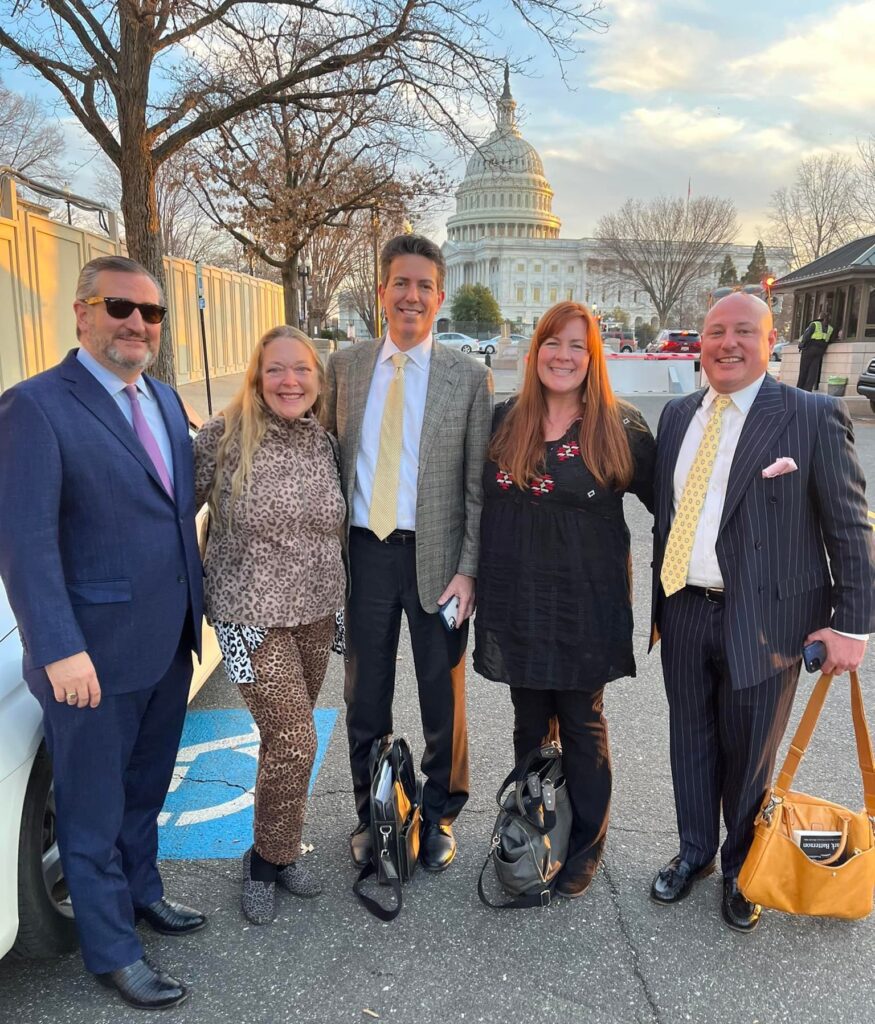Washington, D.C. – Today, the U.S. House Committee on Natural Resources, chaired by Rep. Raul Grijalva, D-Ariz., heard testimony on the Big Cat Public Safety Act, H.R. 263, from Sheriff Matt Lutz of Zanesville, Ohio.
The measure, led by Reps. Mike Quigley, D-Ill., and Brian Fitzpatrick, R-Pa., passed the House in the previous Congress by a vote of 272 to 114 The vote too place eight months after the salacious reality television series “Tiger King” put the animal-welfare and public-safety issues of private ownership of tigers and lions on the American radar screen. NBC’s streaming platform, Peacock TV, also featured the bill in its series “Joe vs. Carole” released in March.
The legislation seeks to ban the trade in big cats as pets and to halt exploitation of the animals for cub-petting at roadside zoos – two forms of commerce responsible for the import and breeding of non-domesticated cats. These cats are imperiled when they become too big and dangerous to handle, with many ending up at refugees at great cost to the charities who operate them. If these animals escape — and some invariably do — they pose a significant threat to the public and first responders.
Animal Wellness Action, Big Cat Rescue, the Animal Wellness Foundation, the Center for a Humane Economy, and SPCA International were among a major set of animal welfare, law enforcement, and conservation groups backing the measure.
“I’ve experienced the worst-case scenario first-hand, and it is a gut-wrenching experience to think about tigers, lions, and other big cats on the prowl in such close proximity to our homes and our schools,” said Sheriff Matt Lutz from Zanesville, Ohio, who testified before the Committee today. “Congress should step up and support those of us in law enforcement, who risk our lives every day, and pass the Big Cat Public Safety Act.”
“Big cats are amazing but best experienced at a distance in the wild or through a sound barrier at an accredited zoo,” said Wayne Pacelle, president of the Center for a Humane Economy. “Breeding them for the pet trade or for cub-petting is a hazard for people and the animals, and we give a big roar of approval to Reps. Mike Quigley and Brian Fitzpatrick for leading the way on this important legislation.”
“There’s no legislation we’ve worked harder to pass in the 117th Congress than the Big Cat Public Safety Act, and we applaud Chairman Grijalva for hearing testimony on this widely support measure with more than 250 bipartisan cosponsors in the chamber closest to the American people,” said Marty Irby executive director at Animal Wellness Action. “Breeders who pump out countless big cats for cub-petting are worse than puppy millers, placing unfunded mandates on animal rescues who have to clean up their mess and care for these majestic creatures once they’ve grown too big to exploit.”
In many cases, when big cats are discarded by roadside zoos, it is a network of animal sanctuaries that are asked to house the animals for the remainder of their lives, and it is an enormous expense.
Captive big cats are not animals that first responders are trained to handle.
A Senate companion bill, led by Senator Richard Blumenthal, D-Conn., and Susan Collins, R-Maine, also has bipartisan support. The measure is endorsed by the National Sheriffs’ Association and the Fraternal Order of Police, along with former attorneys general throughout the nation.

Some years ago, a disturbed animal owner released dozens of large powerful animals into the community in Zanesville, Ohio, and Sheriff Matt Lutz was forced to respond to protect the community. Lutz has subsequently lobbied on Capitol Hill on numerous occasions to advance the legislation, most recently with Animal Wellness Action earlier this year. Animal Wellness Action has also hosted Carole Baskin on Capitol Hill and lobbied with her to pass the legislation on numerous occasions including last Summer, December of 2021, and both January and March of this year.
In 2003, Congress unanimously enacted the Captive Wildlife Safety Act to ban the trade in big cats as pets, and President George W. Bush signed it into law. The measure had a drafting error, and the Big Cat Public Safety Act seeks to correct that problem and to ban breeding big cats for cub petting.
The Association of Zoos and Aquariums (AZA), National Sheriff’s Association, and Fraternal Order of Police have long supported the legislation as well.
Many of the major roadside zoo operators featured in “Tiger King” – including “Joe Exotic” Maldonado-Passage, Tim Stark of Indiana, “Doc” Antle of South Carolina, and Jeff Lowe of Oklahoma – are either in prison, are facing, or have faced criminal or civil charges from the government because of their systematic mistreatment of animals.
Click here to see the letter of support Animal Wellness Action, the Animal Wellness Foundation, and the Center for a Humane Economy submitted for the official Congressional record today.


